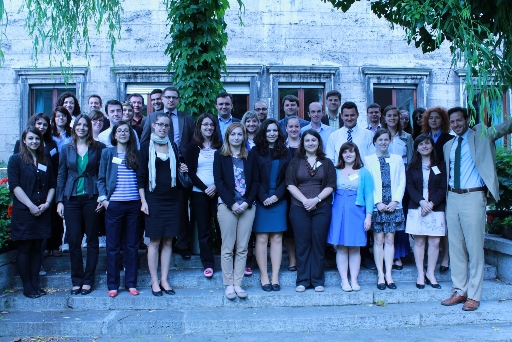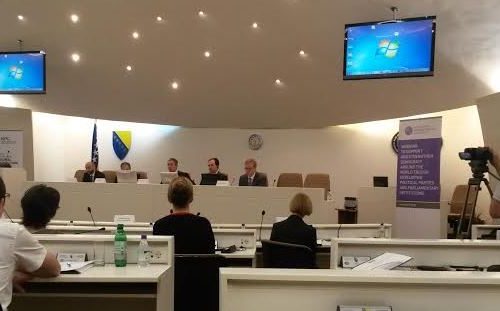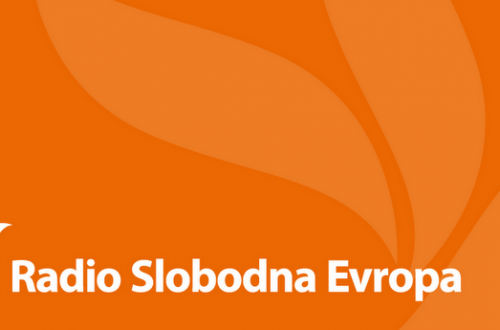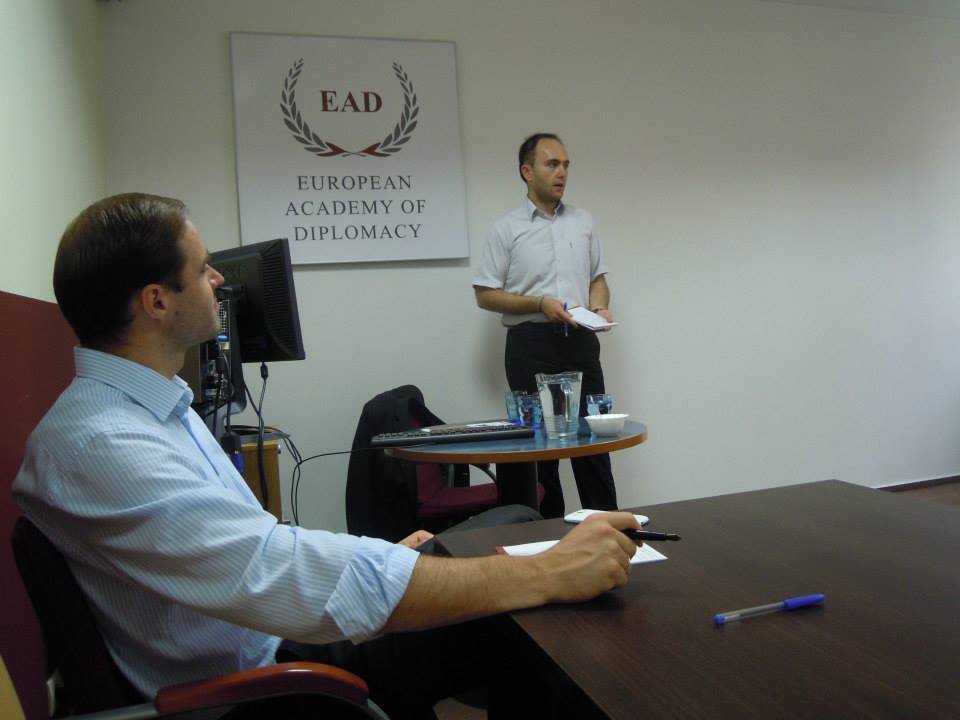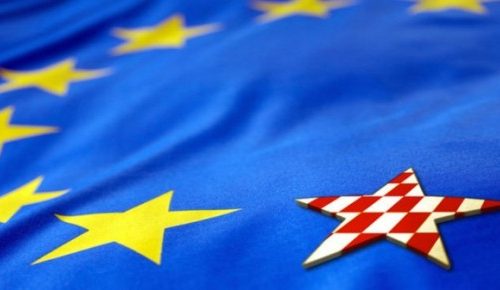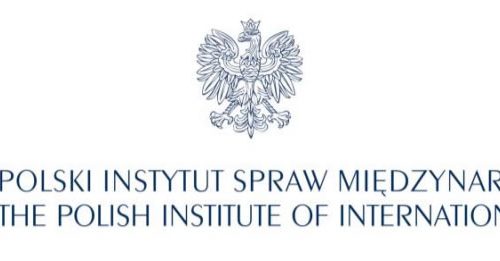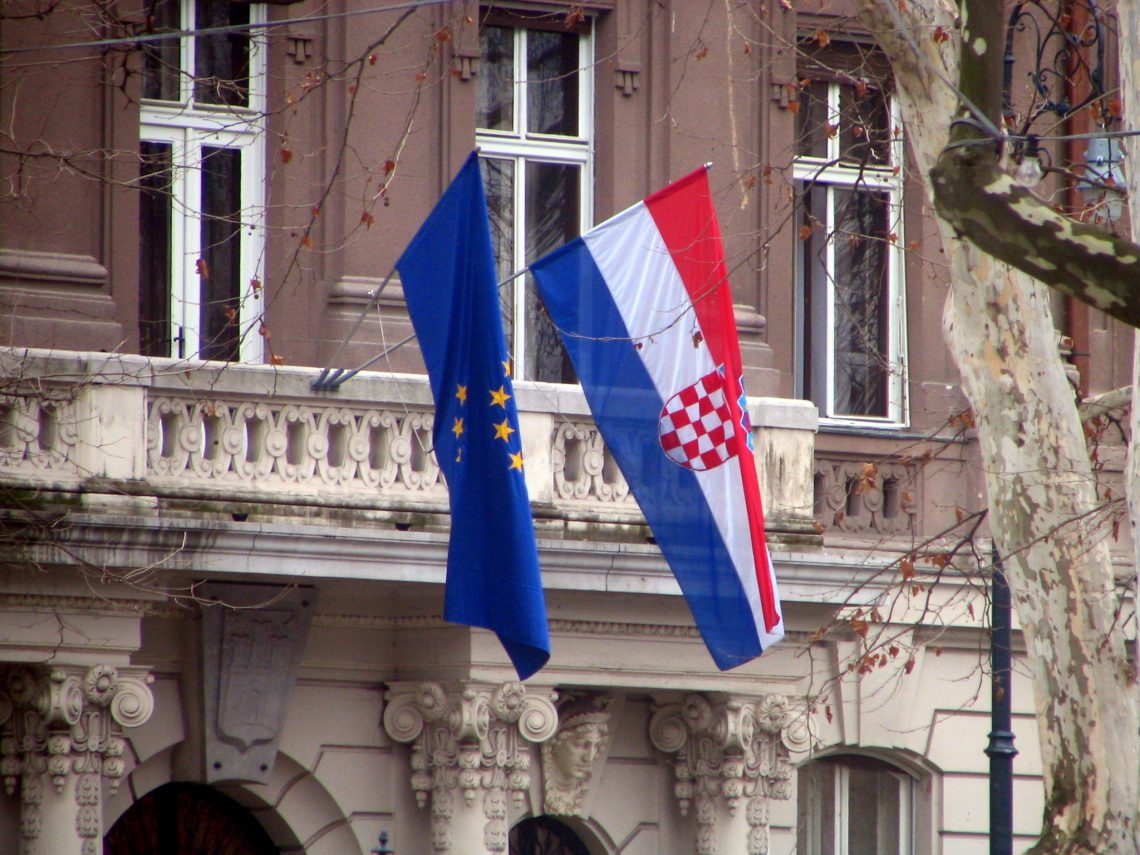Conference: Research and Advocacy in a Challenging Policy Environment: Sharing Experiences from the Western Balkans
Populari’s head of research Vesna Malenica participated in the first ever TRAIN Alumni Conference “Research and Advocacy in a Challenging Policy Environment: Sharing Experiences from the Western Balkans” held in Berlin between 27 and 30 June 2013, organized by the German Council on Foreign Relations (DGAP). The Conference gathered thirty public policy researchers and analysts from the Balkan region, all of which participated in the TRAIN Programme since its start in 2010. The Conference served primarily as a platform to exchange and discuss content of participant’s work, but the overarching theme of the Conference was the issue of policy advocacy: cooperation and communication with local policy makers in their respective countries as well…
European Academy of Diplomacy: 2013 Political Transformation Workshop
As the only representative from Bosnia and Herzegovina, Populari’s Policy Researcher Ajdin Perčo participated in the Workshop of Political Transformation held from June 24-28, 2013 in Warsaw, Poland and organized by the European Academy of Diplomacy. Ajdin took part in a week-long Political Transformation Workshop organized by European Academy of Diplomacy in Warsaw. Series of discussions with interesting participants covering topics such as Croatian path to the EU, political situation in BiH and ex-Yugoslavia as well as the role of Turkey as an emerging power took place. Some of the keynote speakers included ambassador of Croatia to Poland Ivan del Veccio, Marek A. Nowicki from Helsinki Foundation for Human Rights, Zbigniew Pisarski…
“Croatia’s EU Membership Spells Trouble for Bosnian Farmers”
Interview with Vesna Malenica, Populari’s Head of Research Quotes from the press article of the German Deutsche Welle TOP STORIES / WORLD / EUROPE “It is absurd that we are discussing right now this topic because this topic should have been discussed Croatia has been working to join the EU for y ears two years ago,” Vesna Malenica of the Sarajevo-based think tank Popularitold DW. She said the main reason politicians have failed to solve this issue is because the government has been fractured ever since the brutal war of the 1990s.The peace agreement that ended that war created what is now a politically paralyzed administration. Political disagreementBosnia is split by two entities, Malenica said, the Republika Srpska, which…

